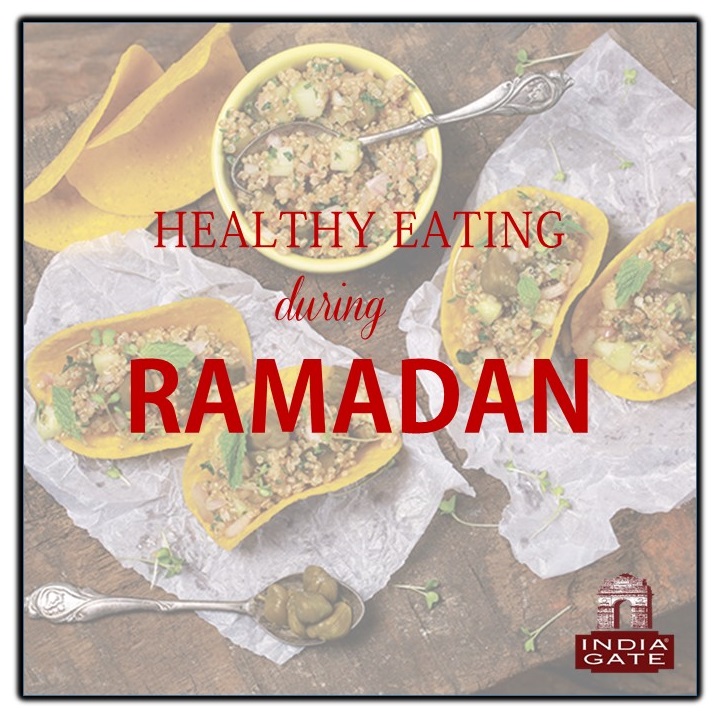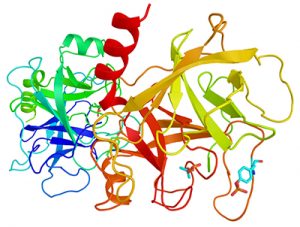Fasting has been known to help with self-discipline, purification of the body and teaching us the
value of appreciating the food that we have every day. In terms of health, some of the benefits
associated with fasting include, promoted blood sugar control, reduced insulin resistance,
decreased levels of inflammation, improved blood pressure and cholesterol levels, improved
brain function and of course, weight loss.
However, what has become quite common is that traditional fasts are usually broken by a
grand feast. The health benefits mentioned, will widely depend on how the fast is observed and
broken. Feasting is definitely not the way to break a fast.
As a way of praising oneself for completing the fast, many choose to indulge in high calorie,
high fat foods and end up gaining weight, rather than losing. In a study by the Nutrition Journal,
nearly 2/3rd of the respondents, self-reported weight gain among some or all of the family members
after Ramadan. 40% said that their weight gain was due to the calorie dense high fat food and sweets
consumed during fasts and about 30% reported lack of physical exercise. During Ramadan,
approximately 1 billion Muslims, abstain from food and fluids between the hours from sunrise to sunset,
and usually will eat a large heavy meal after sunset and another meal before sunrise. While the
outcomes of fasting should be positive and promote weight loss, the results are of the contrary.
Break your fast the right way
Our experts recommend breaking your fast with a fruit or dry fruit, like a date, along
with some water which you could fill with chia seeds to help fill you up more. Instead of
eating too much immediately after breaking your fast, prepare a meal that is portioned
enough to fill you up, without leaving you feeling bloated and too full to move.
By using the alternatives suggested you help your digestive system process your food
intake after hours of not eating, as well as making sure that you are still filling yourself
up in a healthier way.
Correct your diet during Ramadan
Fasting during Ramadan is a great opportunity to start adopting a healthier lifestyle and
improved dietary habits. It does not only help in weight control, but it also improves
digestion, increases energy, prevents diseases and gives the feeling of lightness.
Our experts at India Gate have some food suggestions that are great in helping maintain
a healthy diet during the month of Ramadan. Apart from including plenty of fruits,
vegetables and fluids, here are some great alternative options for the body to function
effectively without gaining weight.
- Replace white rice, with either brown sprouted rice or quinoa.
- Before sunrise, indulge in some chia seeds, to fill you up until sunset.
- Add flax seeds to your after fast meal.
- Health benefits through your diet
- By replacing something as simple as your white rice with brown sprouted rice,
you are helping your body increase its metabolism and supplying it with extra
nutrients. Sprouted brown rice helps boost the immune system, lower blood
pressure, contains four times more fiber than regular rice and helps your body
regulate blood glucose levels. -
Chia seeds might be tiny in size, but their nutritional value is large. Chia seeds
contains fiber, protein, calcium, magnesium, potassium, zinc, vitamins B3, B1
and B2. For Ramadan, these seeds would be great in providing you with all these
great nutrients, so make sure to add them to your suhoor breakfast. - If you are a vegetarian and don’t eat fish, flax seeds can be your source of
omega-3 fats. They also help in preventing cholesterol from being deposited into
the blood vessels of the heart, reduce inflammation in the arteries and decrease
your chances of having a heart attack.



